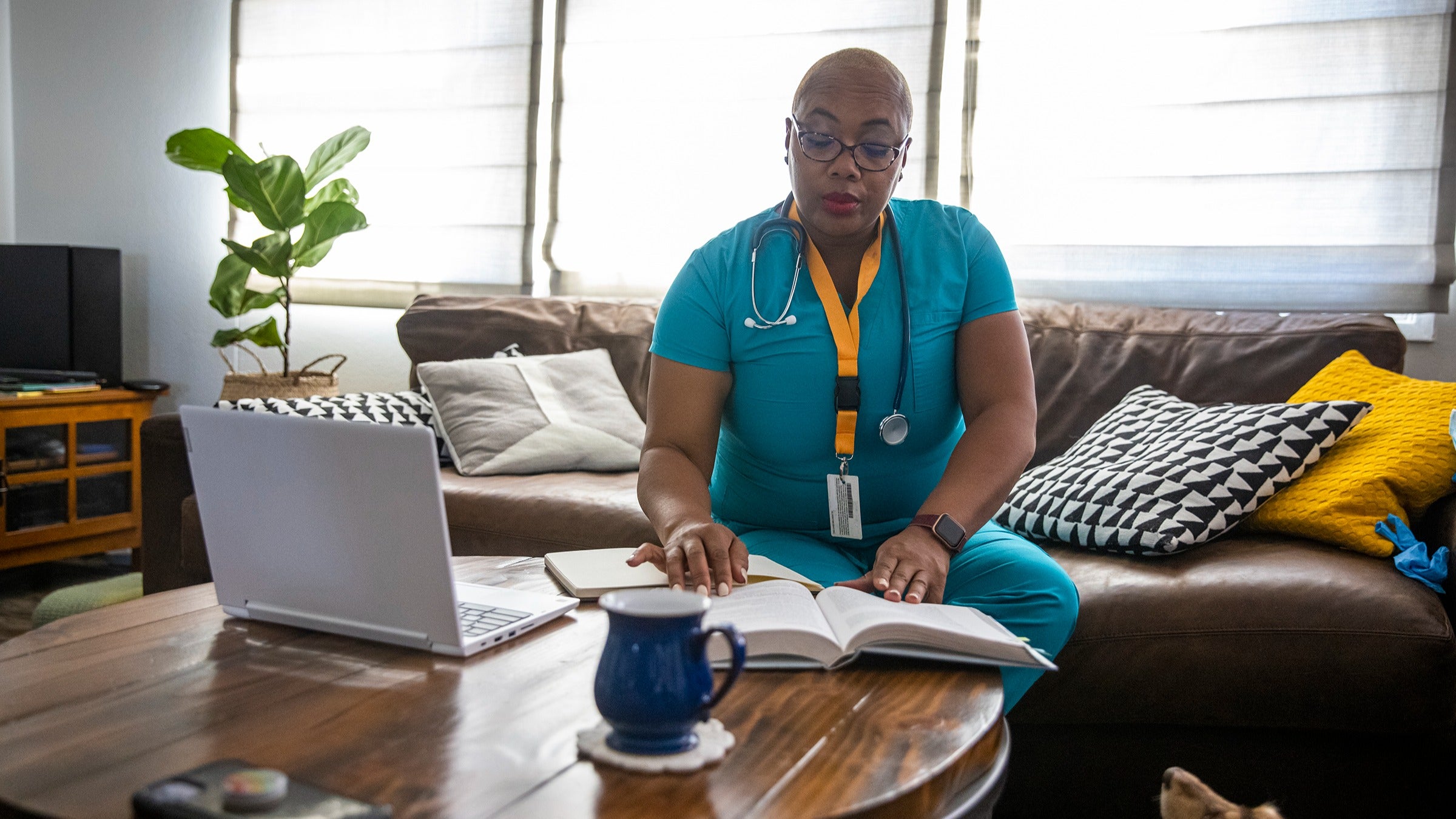Do I need to read the whole nursing textbook

If you're staring at your nursing textbook wondering if you really need to read all 1,200 pages before your exam, you're not alone. Nearly every nursing student has asked themselves this question (probably more than once). The answer? Not necessarily, and here's why.
Let's Be Real: Time Is Limited
Between clinicals, assignments, lectures, and trying to have a semi-normal life, reading every single page of every single textbook isn't always practical. Nursing textbooks are dense, often filled with more detail than you'll need to pass your exams or even practice safely as a new nurse.
That's not to say they're not valuable; they absolutely are. But learning how to study smarter, not just harder, is a skill every nursing student needs to master early on.
Understand the Purpose of the Textbook
Nursing textbooks are designed to be comprehensive. They're there to support your understanding, provide context, and give you background knowledge. But your instructors don't expect you to memorize the entire book. Instead, focus on:
Learning objectives at the beginning of each chapter
Key concepts, summary boxes, and bolded terms
Practice questions and rationales
Tables and diagrams (yes, visuals matter!)
If your professor emphasizes certain topics in class, start there. Use your syllabus and lecture notes as a guide to narrow down what you need to prioritize.
Use Smarter Tools (Your Brain Will Thank You)
One of the best ways to reinforce what you're learning is to supplement textbook reading with more digestible resources. Study guides, notes, flashcards, and question banks are your best friends.
If you're looking for curated, high-yield nursing content that won't overwhelm you, check out the Nurselytic Library. It's packed with resources that simplify complex topics and help you zero in on what actually matters for your exams. Think of it as your shortcut to understanding without cutting corners.
When Should You Read the Whole Chapter?
Sometimes, yes, reading the full chapter can be helpful, especially if:
You're struggling with a new concept (like acid-base balance or cardiac rhythms).
The chapter is foundational and builds knowledge for future topics.
You've got time and want to go deeper (go you!).
But even then, try active reading: highlight, summarize in your own words, and take breaks to test your understanding.
Work Smarter, Not Just Harder
No, you don't have to read every word in your nursing textbook. Learn to scan, prioritize, and use supplementary tools like the Nurselytic Library to your advantage. Focus on mastering concepts, not just finishing chapters.
Nursing school is a marathon, not a sprint; pace yourself, and don't let the book bully you.
Interactions
Comments
No comments yet.

Please log in to comment.